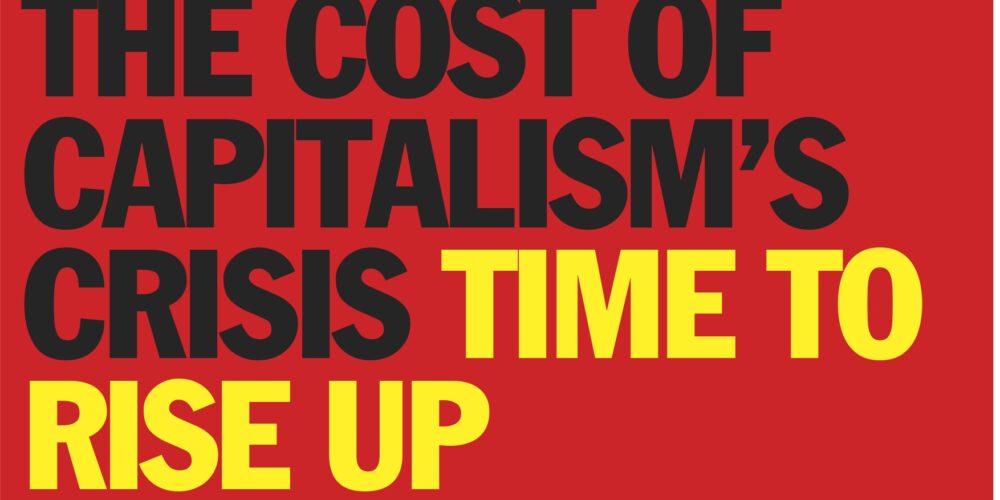Sashi Tharoor, the Indian politician who wrote a book on British colonial plunder, An Era of Darkness (2016), once made a satirical remark: “They say the sun never sets on the British empire; that’s because even the god did not trust the British in the dark.”
The Queen’s death and mourning have temporarily diverted the attention from the people’s issues, such as cost of living, climate change, and inflation, but only for a short period. After the mourning is over, impending winter will give people the realisation that they are short of money to buy heating oil or to pay their electricity bills. When the dilemma of whether to feed themselves or to keep themselves warm takes over they will begin to mourn over their own condition.
The constitutional monarchy, which is preserved on taxpayers’ money to remind them of Britain’s glorious colonial past, seems to have assets worth $28 billion, while people who mourn the Queen’s death are finding it hard to make ends meet. A revelation by the International Consortium of Investigative Journalists in the Pandora papers said that millions of dollars were taken from Britain by the royal family through tax evasion to the tax havens. Monarchies have always thrived on looting the people.
Prabir, who wrote an essay in People’s Democracy about “market fundamentalism” and the increase in electricity charges in the EU, asks a valid question: Why did electricity charges go up four times last year in Germany when only a tenth of its electricity production depends on natural gas from Russia? The answer is the greed of a few transnational companies to make colossal profits, using the Ukrainian war as an excuse.
The cost-of-living crisis and inflation are theft on people, an attempt by a class to make profits by reducing the standard of living of another class. This antagonism cannot be resolved in the present system, because one class lives on the blood of the other.
The Ukrainian war has also applied sudden brakes on the commitment of the EU to invest in green energy and to adhere to the targets of reduction of carbon emission to achieve net zero before 2030. The reason is that fossil fuels are creating massive profits for the transnational companies, which compromise the future of life on earth.
At the same time, when the cost of living and inflation are strangling the people, the cheerleaders of neoliberalism are insisting that the solution to controlling inflation is to keep wages under control. Trade union leaders like Mick Lynch have rejected this solution, saying that the wages are trying to catch up with the price increase. In other words, wage increase is not the cause of inflation. If the wages are not rising, it will reduce demand in the economy, leading to a decline in economic growth.
The millions of dollars that have to be invested in renewable energy sources, improving public transport and planning production based on human needs rather than luxuries remain unused in the tax havens. The remedy is a different society, in which production is controlled publicly—in other words, socialism.
There is no lack of money; what is lacking is the political will to make those investments. And what prevents the political will is that the class that controls the economy also controls the politics.
The capitalist system, which brings out the worst in people, caused Rosa Luxemburg to remark: “Socialism or barbarism.” Now we have reached a point in history where the capitalist mode of production is making us realise that it’s “socialism or extinction.”






